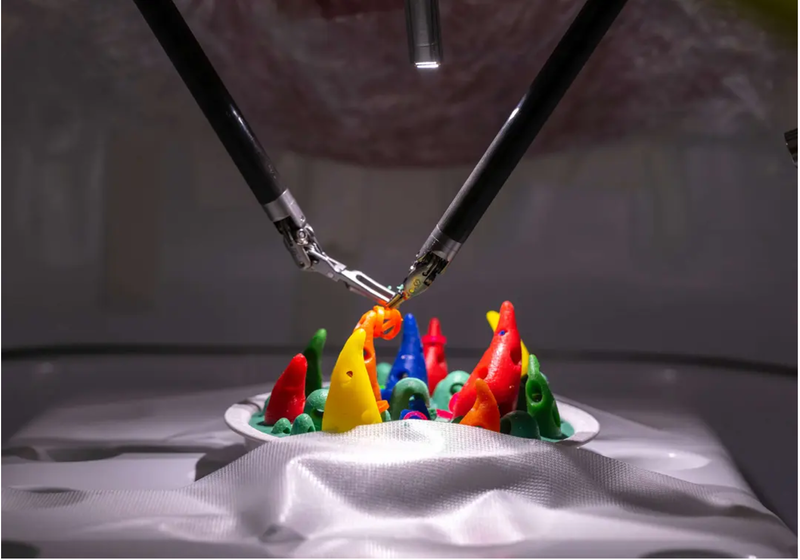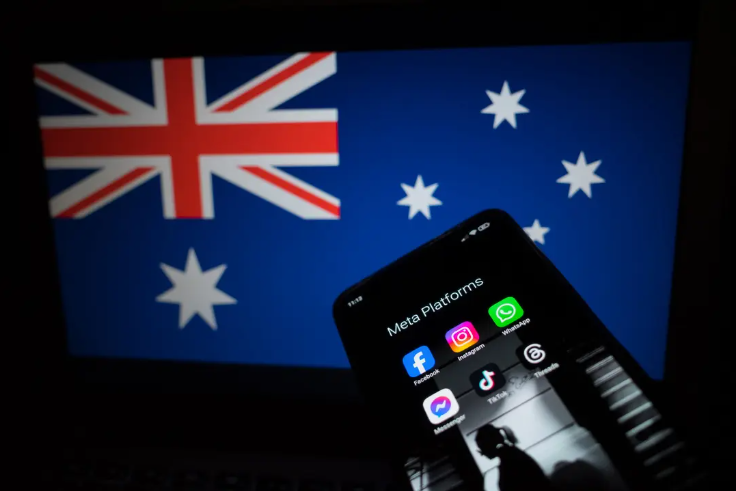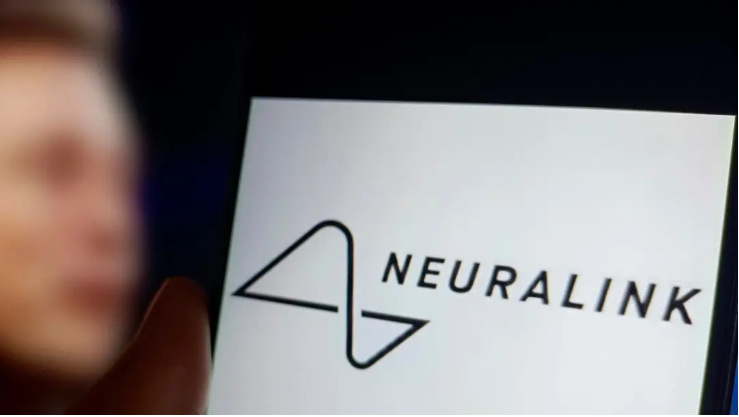Experts, Public Figures Sign Letter for AI Deepfake Regulation
Over 300 people, including artificial intelligence (AI), technology, digital ethics, and child safety experts as well as celebrities and academics, have signed an open letter calling on governments to regulate AI deepfakes....
Facts
- Over 300 people, including artificial intelligence (AI), technology, digital ethics, and child safety experts as well as celebrities and academics, have signed an open letter calling on governments to regulate AI deepfakes.1
- Deepfakes are AI-generated content that fabricates human voices, images, and videos to the extent that the average person wouldn't reasonably be able to tell if it's real or fake.1
- The letter, whose signatories include AI pioneer Yoshua Bengio, Harvard psychology Prof. Steven Pinker, two former Estonian presidents, and Google researchers, includes calls for criminalizing deepfake child pornography and mandating that AI firms prevent its creation.2
- The letter also demands criminal punishment for anyone wittingly facilitating the spread of dangerous deepfakes. The lead author, UC Berkley AI researcher Andrew Critch, called deepfakes a 'huge threat to human society,' with others claiming 98% of deepfake victims are female.1
- Part of the solution, according to the letter, would be for technology and media companies to build tools for authenticating imagery, such as digital seals with cryptographic signatures.1
- This follows several recent high-profile deepfake scandals — including a fake video of Ukrainian Pres. Volodymyr Zelenskyy calling on Ukrainians to lay down their weapons as well as videos of both former US presidents Donald Trump and Barack Obama.3
Sources: 1Prnewswire, 2Reuters.com and 3Silicon UK.
Narratives
- Narrative A, as provided by Tortoise. There are many dangers emerging as a result of AI deepfakes, the most prominent being sexually explicit content — which grew by 400% from 2022-2023. Not only this, but malicious actors are also using this technology to create fake videos of politicians and artificially sway political opinions across the world. The world's leading AI experts, from independent academics to tech executives developing AI, are right in sounding the alarm on the incoming threats we face if governments don't take measures to strongly regulate deepfakes.
- Narrative B, as provided by MIT Cocreate. While there are deepfakes that should absolutely be banned — especially pornography — this technology isn't only used for nefarious purposes, and any infringement on free speech must be carefully avoided. For instance, deepfakes provide a promising new tool in a long line of satirical techniques that have been used throughout history to maintain a balance of power between rulers and those they rule. Regulation should be judiciously and carefully curated to prevent the dark aspects of deepfakes while also allowing people to critique, and even mock, the powers that be.







